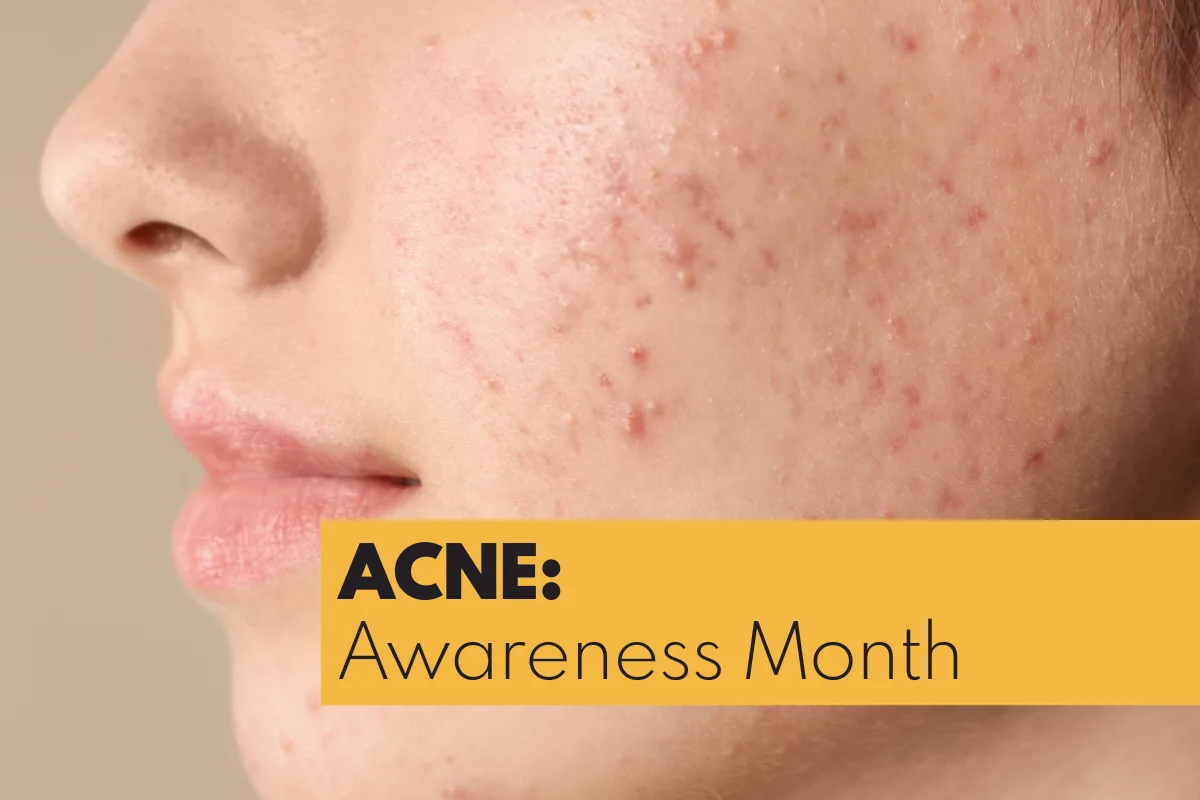
Hair loss is a very common problem, and for many people it can be a very frustrating and emotional one. There are many reasons hair can thin. The good news is that catching it early can make a significant difference in how it's treated.
How Do You Know If You're Losing Hair?
Sometimes it's obvious, sometimes it's sneaky. Here are some signs to look out for:
- More Hair Than Usual: Are you seeing a lot more hair in your shower drain, on your pillow, or in your brush?
- Thinning Up Top: Does your scalp seem more visible, especially on the top of your head?
- That Pesky Hairline: For guys, especially, is your hairline starting to creep backward?
- Pony's Looking Skinnier: If you pull your hair back, does your ponytail feel a lot less full than it used to?
- Your Part Is Wider: Does the part in your hair seem to be getting broader?
- Sudden Bald Spots: Are you noticing totally smooth patches where hair used to be? These can pop up overnight.
- All Over Hair Loss: In some cases, hair can thin out or even fall out everywhere.
- Other Scalp Issues: Sometimes, hair loss is accompanied by an itchy, burning, red, or flaky scalp. It can even affect other areas, such as your eyebrows or eyelashes.
The Bottom Line: If you're noticing any of these signs and they're concerning you, consulting a dermatologist is a great first step. They can help figure out what's going on and what your options are.
Why Does Hair Loss Happen?
It's not always a simple answer, as there are many different reasons. Some are temporary, and some are more long-term.
Temporary Reasons (Good News - It Might Grow Back!):
- Life Changes: Think pregnancy, just having a baby, major stress, or even significant weight loss. These big life events can sometimes cause hair to shed.
- Recent Illness: Being sick or having surgery can sometimes trigger hair loss.
More Permanent Reasons (Where Early Action Really Helps!):
- It's in Your Genes: This is the most common one, often called androgenic alopecia (or just "hereditary hair loss"). If your parents or grandparents experienced thinning hair, you may also be at risk. It means your hair follicles gradually shrink and eventually stop producing hair. The sooner you start treatment for this, the better, as it tends to worsen over time if left untreated.
- Immune System Mix-Ups: Sometimes your immune system mistakenly attacks your hair follicles.
- Scalp Issues: Certain skin conditions, rashes, or infections on your scalp can lead to hair loss.
- Ignoring the Temporary Stuff: If a temporary hair loss issue isn't addressed, it can sometimes become a more lasting problem.
KeyTakeaway? Don't wait! If you're concerned about hair loss, especially if it's getting worse, talking to a dermatologist is the best thing you can do. The earlier you receive a diagnosis and start a plan, the better your chances are of managing it or even regaining some of that hair.
How can Spectrum Dermatology of Seattle help?
At Spectrum Dermatology, we have the expertise to properly diagnose and treat the cause of your hair loss. Board-Certified Dermatologists are the experts in hair, skin, and nails, and that’s where you should turn if you want answers and options.
What treatment options do you offer?
We have industry-leading expertise in Platelet-Rich Plasma/Fibrin Matrix injections to stimulate hair growth, customized prescription topical medications and supplements like Nutrafol to stimulate and support hair growth.
Where do I start? Begin with a medical visit to discuss your concerns, and we will provide you with an expert opinion and work with you to create a personalized treatment plan.











